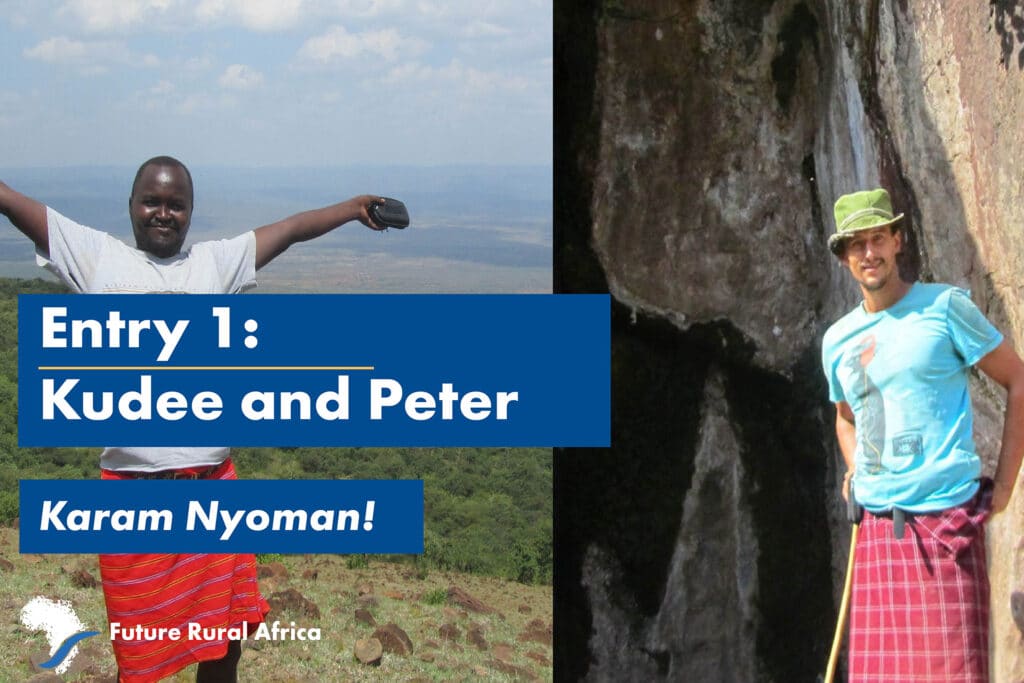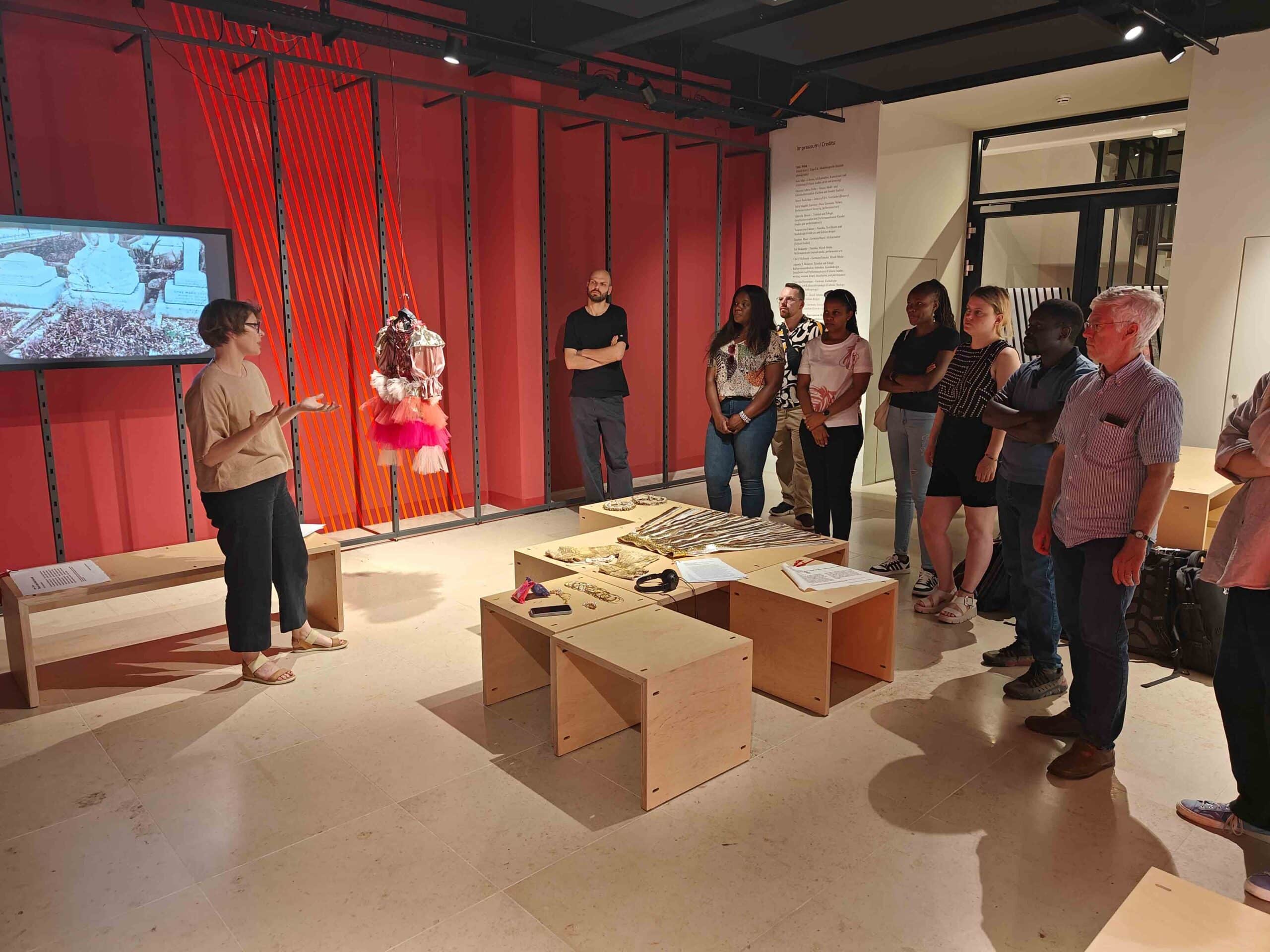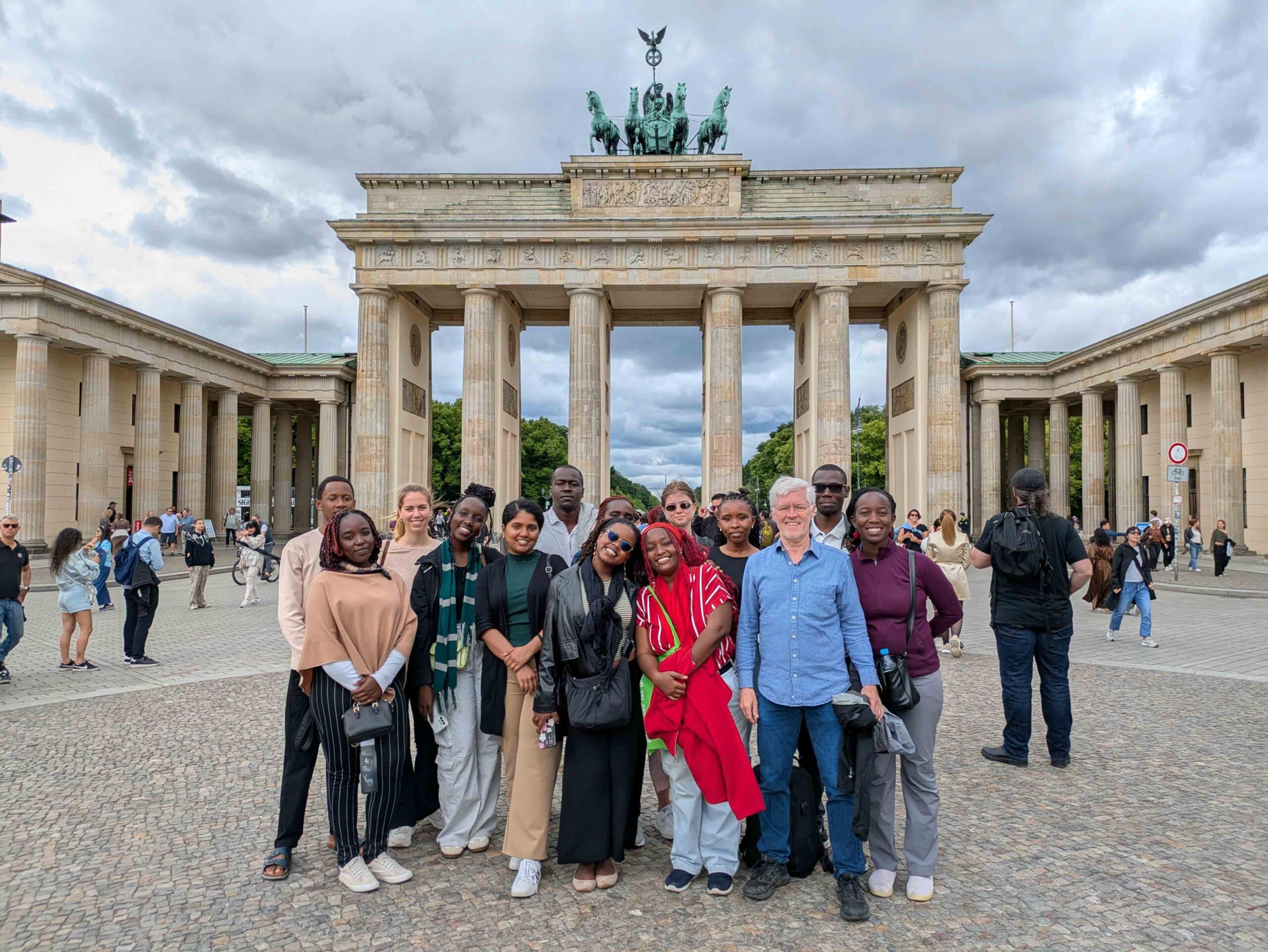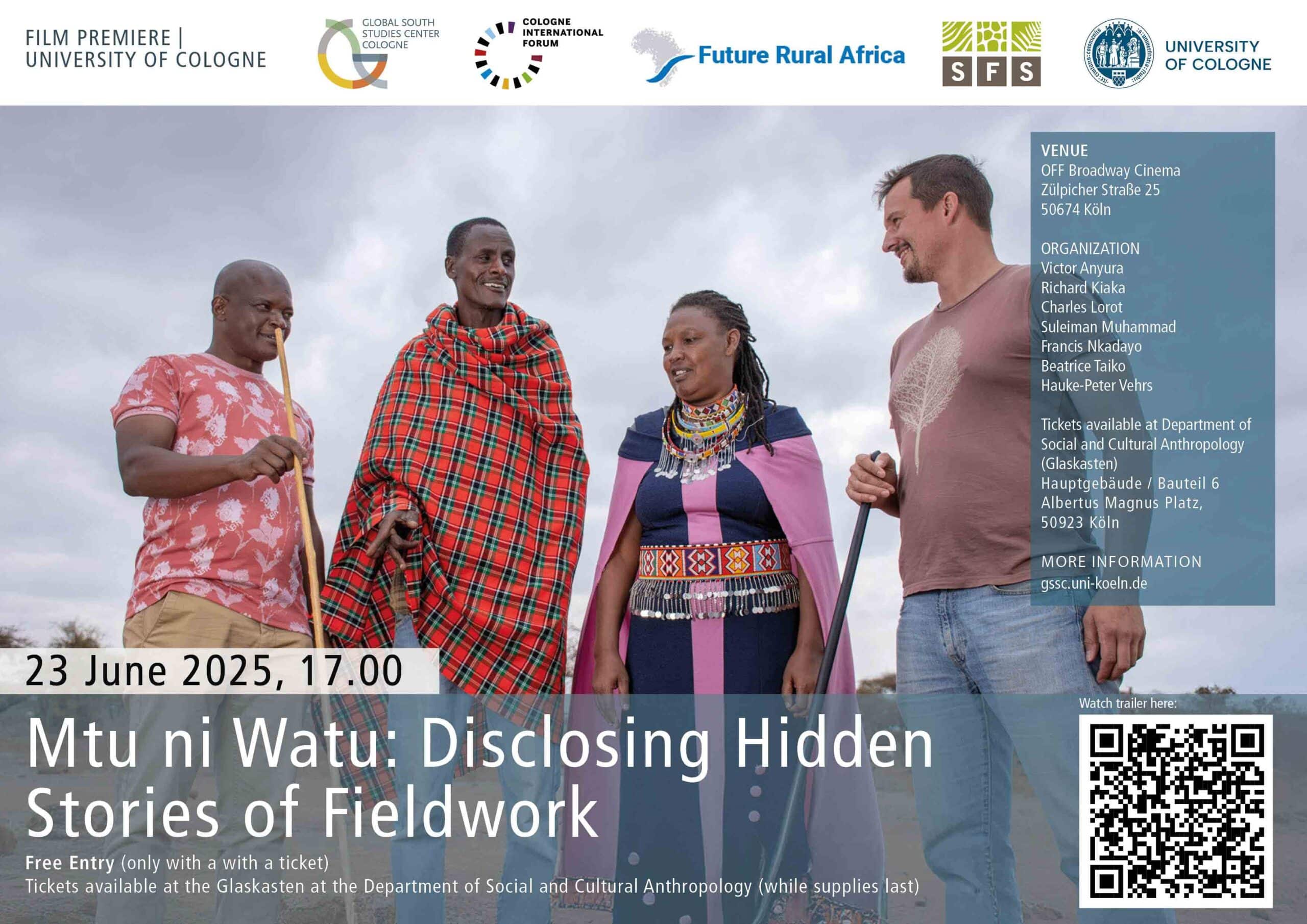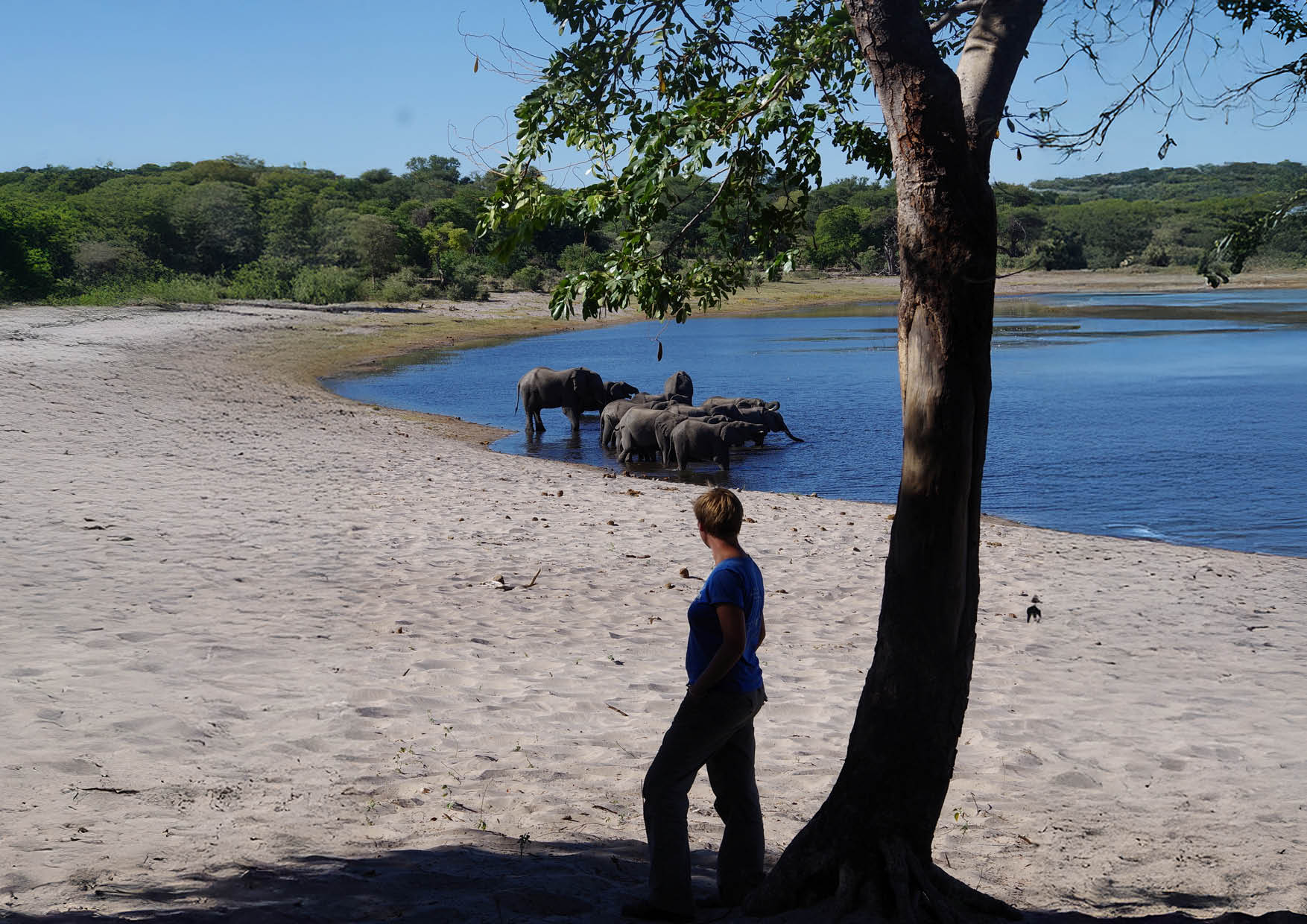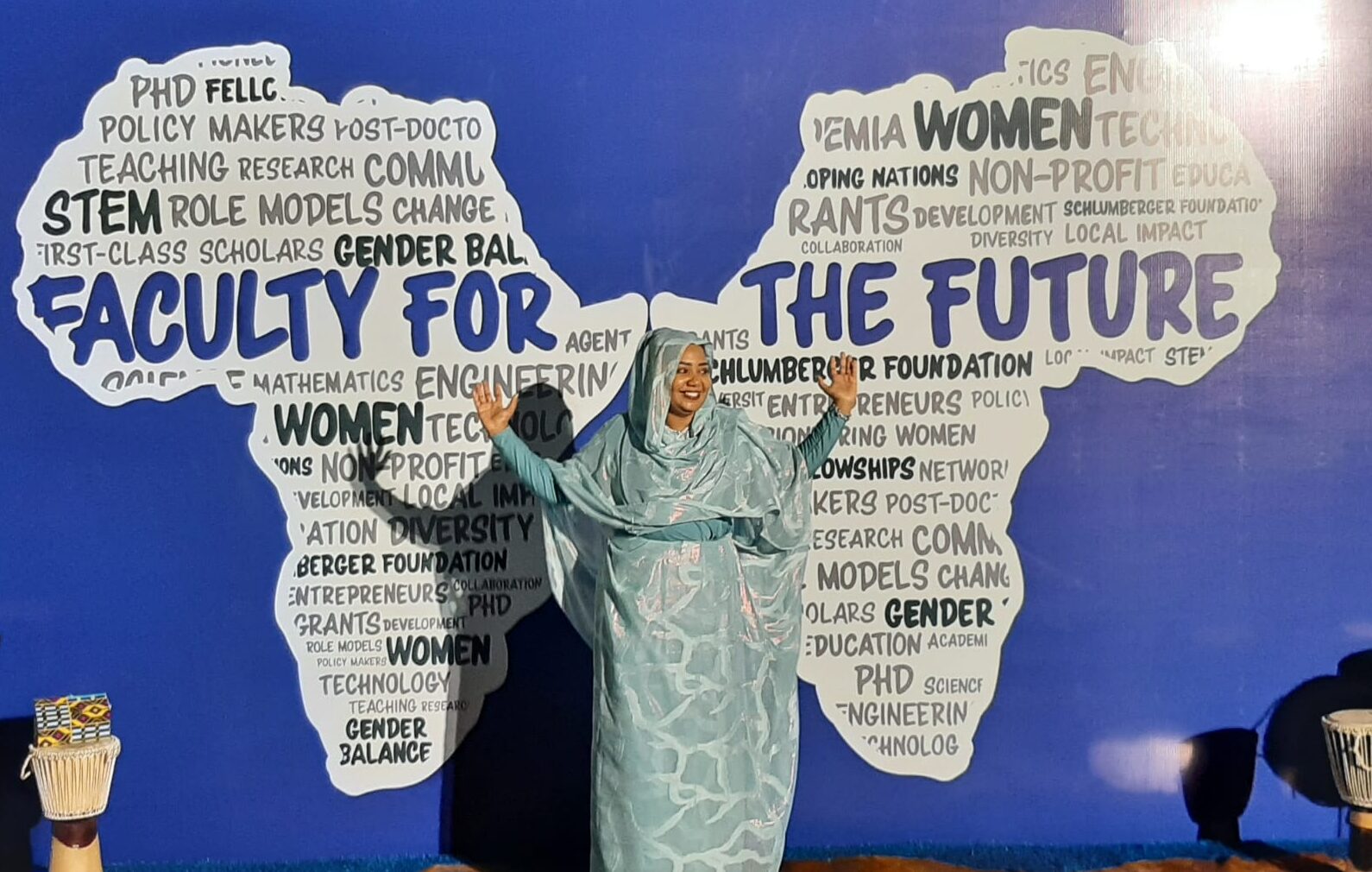Karam nyoman!
We would like to introduce ourselves: Kudee and Peter. As one of the two teams participating in the ‘Mtu ni Watu’ project, we would like to present our common story of research, life and work in East Pokot between 2014 and 2015. You may know us by other names, such as Charles, Hauke, Losiwanyang, Rionokou, Scholes, and a few others. Here we wish to write under those names we had in the community at Mt. Paka, the region where we collectively conducted research.
As for the research region itself, there is a separate blog entry in the Wawili toolbox and in the following we want to focus on introducing ourselves. So, who are we?
Let’s commence with Kudee. My name is Charles Lorot, I was born in 1984 in Amaya (northern Baringo County) in a pastoral family. Among my friends and at Mt. Paka, most people know me as Kudee. I grew up in a pastoral family and was sent to Nginyang primary school in 1991 and later went to Churo Boys High School in Churo. I graduated in 2002 and then lived in Nginyang, worked partly in the chief’s office and volunteered in the local primary school, before I started working as a research assistant for the first time in 2008, when a Cologne anthropologist came to East Pokot for his doctoral research. In the following years, I continued working with him in different projects and right after that, a second researcher from Cologne came to start another research project in 2008. In 2012, I got employed by the Baringo County Government as a tax revenue collector at the local livestock market, and in 2014 Peter came to East Pokot to start his research. We got to know each other in Chemolingot in the home of a mutual friend.
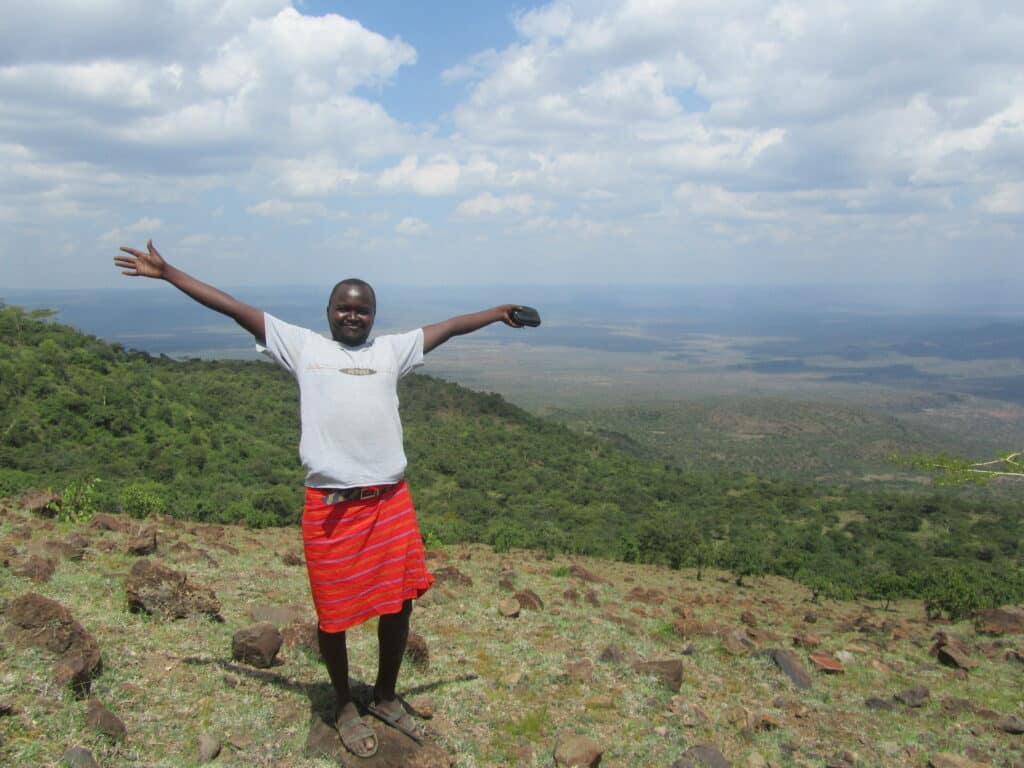
The most intensive period of our research was from August 2014 to August 2015, when we spent a year together carrying out research and sharing our lives at Mt. Paka. After the research with Peter, I undertook training as a nurse at the Kenya Medical School in Kapenguria and graduated in 2018. Then I pursued an internship as a nurse in Riongu for two years, before being equipped with a three years contract at the Universal Health Care Centre in Nginyang. Currently, I am employed in the Akwichatis Health Centre. All these places are located within East Pokot (northern Baringo County). Nowadays, I only work as a research assistant occasionally, and only with those researchers I previously collaborated, due to the fact that assistance work is quite unreliable and does not provide a regular income.
Turning to Peter: My name is Hauke-Peter Vehrs and I was born in Brunsbüttel (federal state of Schleswig-Holstein) in 1984. As the name Hauke is often confused with the word ‘okay’ in English, I used my other name in Kenya, which is easier to understand: Peter.
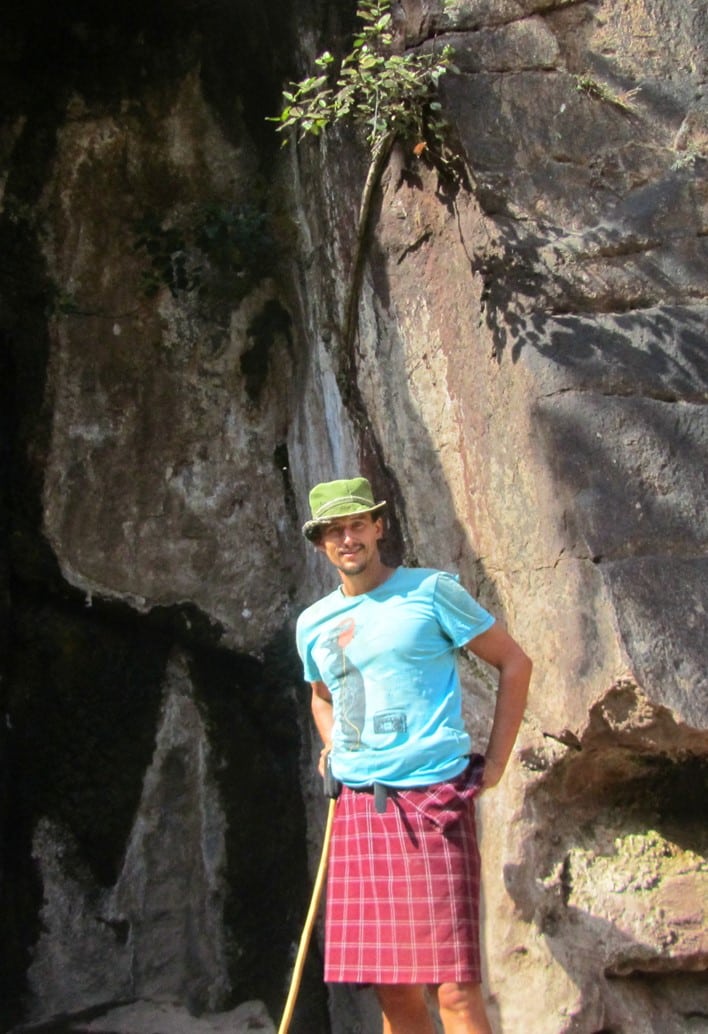
I grew up in a working-class family and attended primary school in a nearby village and went to secondary school in Brunsbüttel, where I graduated in 2004. After my alternative national service at an old people’s home in Brunsbüttel, I spent six months in Namibia in 2005 before starting my BA studies in ‘African Culture and Society’ in Bayreuth in late 2005. After completing my studies, I started an MA in ‘Social and Human Ecology’ in Vienna in 2009, which I completed in 2012. After that, I briefly went back to Bayreuth to start a PhD. But my research would have taken me back to north-eastern Nigeria, where the conflict between Boko Haram and the Nigerian state had escalated in the meantime and research seemed no longer possible. During this time, I had the opportunity to apply for PhD positions in Cologne and so I started my PhD at the Department of Social and Cultural Anthropology at the University of Cologne in 2013 with a research that would take me to East Pokot. This is when I got to know Kudee and his family. After the research, I completed my doctoral thesis in 2019 and started to work in the research project ‘Future Rural Africa’, which took me first to Namibia, and in 2022 back to East Pokot again.

